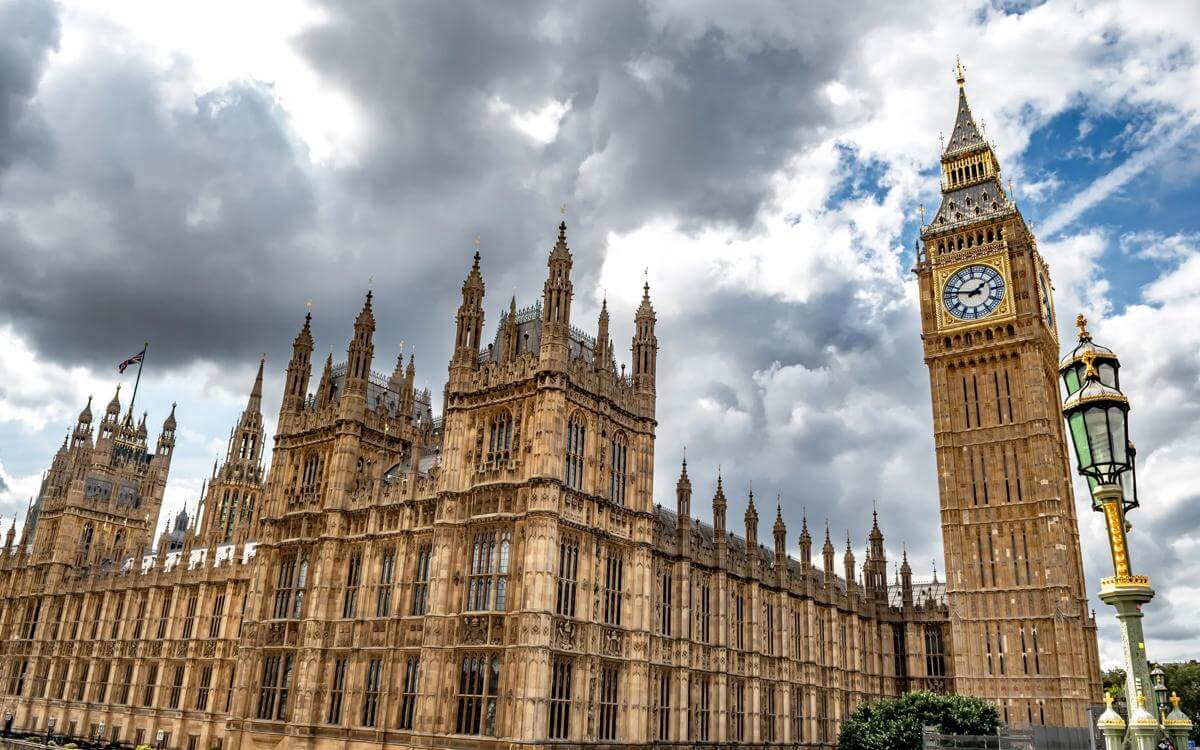Directors who fail to prepare, should prepare to fail
Two recent judgments demonstrate the risk that directors (of insolvent companies) face of being personally liable if appropriate records and procedures are not followed and if it cannot be shown that certain payments were in the interests of the company.
Two recent judgments demonstrate the risk that directors (of insolvent companies) face of being personally liable if appropriate records and procedures are not followed and if it cannot be shown that certain payments were in the interests of the company.
In the matter of Wow Internet Limited, the liquidators of the company asked the director to provide records to demonstrate the legitimacy of payments (including a large number of cash withdrawals) made from the company's bank account prior to its liquidation. As the sole director failed to provide any contemporaneous records, the liquidators issued an application against him seeking repayment of the funds wrongfully withdrawn in breach of his director’s duties.
Deputy ICC Judge Frith made the following comments:
“Many of the directors' duties are fiduciary in nature. It is the obligation of the director once payments have been identified for the director to provide a satisfactory explanation as to why those payments were legitimate.”
“In short, if the directors of a company conduct the business informally and take a lackadaisical approach to the supply of contemporaneous documentary evidence, they do so at their own risk. It manifestly does not result in a lower standard being applied"
Ultimately, the liquidators were successful on all 5 heads of their claim and the director’s attempt to rely on s1157 Companies Act was quickly dismissed.
A similar application was brought against a sole director in the matter of BM Electrical Solutions. In that case, the liquidators sought to challenge payments made from the company to the director. The director asserted that the payments were remuneration which should be treated as a salary and/or dividends. However, there was never a resolution by the company that he should receive remuneration at the level taken and the company had not declared any dividends in his favour. In addition, the company had never filed accounts to ensure it had the distributable profits necessary to declare dividends.
The court found that the payments to the director had to be repaid as they amounted to a debt or, alternatively, that he was liable for breach of fiduciary duty for permitting the company's loan account to become outstanding. The lack of record keeping was exacerbated by the failure to file accounts and make any resolutions.
This was another case where there was no documentary evidence to support the notions that the monies in question should be treated as salary or dividends.
Ultimately whilst the director sought to classify the payments as loans received in anticipation of a dividend, the payments were always unlawful because the company had never filed accounts to ensure it had the distributable profits to declare dividends.
All too often record keeping and strict adherence to proper processes are brushed aside or put on the ‘to do’ pile and neglected. However, these judgments should serve as a useful reminder that those processes offer the best protection against future criticism and liability. Having the right evidence is critical and could be the silver bullet in an otherwise costly misfeasance action. It is therefore always worth taking the time to seek out professional advice to ensure your interests are protected before making payments from company funds.









































